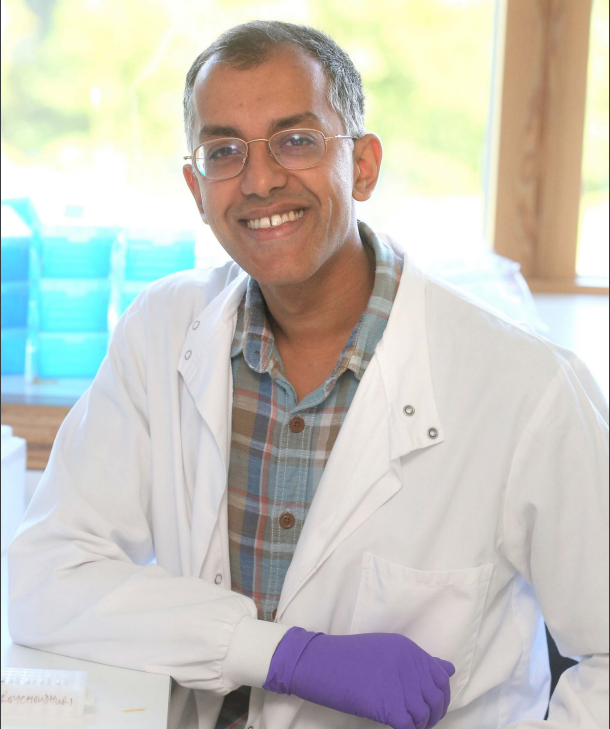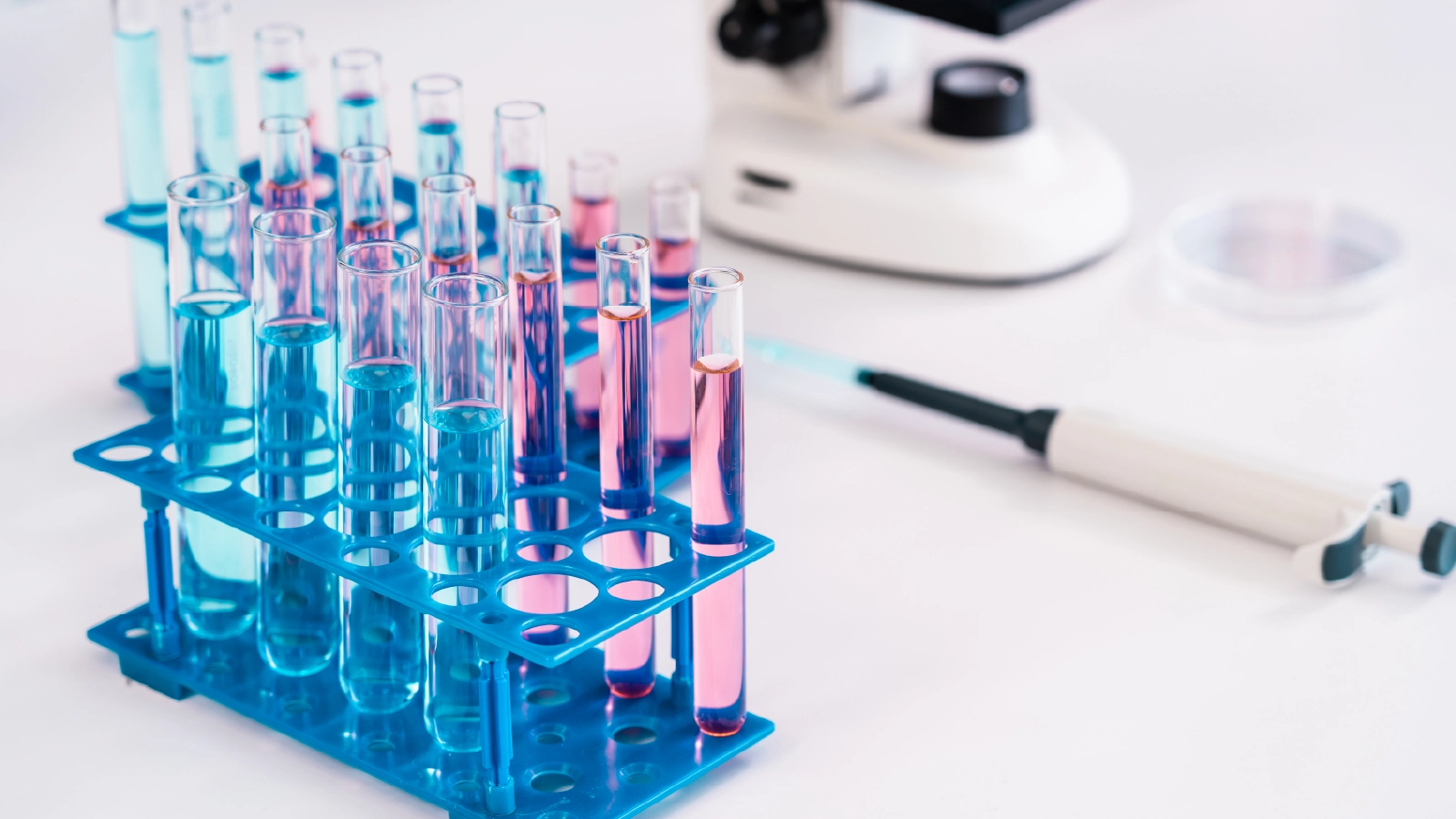
Professor Rahul Roychoudhuri MBBS, MA, PhD
Professor of Cancer Immunology, University of Cambridge
About me
Rahul Roychoudhuri is a Professor of Cancer Immunology at the University of Cambridge (Department of Pathology(Opens in a new window)) and Director (non-clinical) of the CRUK Cambridge Centre Training Programme. He is a Fellow and Director of Studies in Pathology at St Catharine’s College(Opens in a new window) and a Lister Institute Prize Fellow.
Rahul studied Natural Sciences at the University of Cambridge and Clinical Medicine at King’s College London. He undertook his PhD in cancer immunology at the US National Institutes of Health and a postdoctoral fellowship in Nicholas Restifo’s laboratory at the US National Cancer Institute. He was awarded a Wellcome Sir Henry Dale Fellowship in 2015 and a Lister Institute Research Prize in 2017. Rahul is a reviewer for a number of peer-reviewed scientific journals and grant agencies, and serves on the editorial board of Immunology and the International Journal of Molecular Sciences. A major contribution of his early research was the discovery of mechanisms underlying differentiation of a powerfully suppressive subset of T cells called regulatory T (Treg) cells. His research spanning fundamental and translational cancer immunology has made fundamental contributions to our understanding of immune regulation, cancer immunosuppression and cancer immunotherapy.
Course
Awards
November 2022 - ERC Consolidator Award
August 2017 - Lister Institute Research Prize
August 2016 - Babraham Institute Knowledge Exchange and Commercialisation Prize
September 2015 - Royal Society/Wellcome Trust Sir Henry Dale Fellowship June 2014
2014-2015 - NIH Fellow’s Award for Research Excellence
2005 - Royal College of Radiologists 2005 Research Prize
Publications
Conti, A. G. & Roychoudhuri, R. (2023). Orthogonal engineering of synthetic T cell states to enhance cancer immunotherapy. Nature Immunology, 24, 733–35.
Roychoudhuri, R., Eil, R. L. & Restifo, N. P. (2015). The interplay of effector and regulatory T cells in cancer. Current Opinion in Immunology, 33, 101–11.
Sukumar, M., Roychoudhuri, R. & Restifo, N. P. (2015). Nutrient Competition: A New Axis of Tumor Immunosuppression. Cell, 162(6), 1206–08.
Clever, D. et al (2016). Oxygen Sensing by T Cells Establishes an Immunologically Tolerant Metastatic Niche. Cell, 166(5), 1117–31.
Crompton, J. G. et al (2015). Akt Inhibition Enhances Expansion of Potent Tumor-Specific Lymphocytes with Memory Cell Characteristics. Cancer Research, 75(2), 296–305.
Eil, R. et al (2016). Ionic immune suppression within the tumour microenvironment limits T cell effector function. Nature, 537, 539–43.
Gaggero, S. et al (2022). IL-2 is inactivated by the acidic pH environment of tumors enabling engineering of a pH-selective mutein. Science Immunology, 7(78).
Grant, F. M. et al (2020). BACH2 drives quiescence and maintenance of resting Treg cells to promote homeostasis and cancer immunosuppression. Journal of Experimental Medicine, 217(9).
Imianowski, C. J. et al (2022). BACH2 restricts NK cell maturation and function, limiting immunity to cancer metastasis. Journal of Experimental Medicine, 219(12).
Klebanoff, C. A. et al (2016). Memory T cell-driven differentiation of naive cells impairs adoptive immunotherapy. The Journal of Clinical Investigation, 126(1), 318–34.
Lee, C. Y. C.et al (2024). Tumour-retained activated CCR7+ dendritic cells are heterogeneous and regulate local anti-tumour cytolytic activity. Nature Communications, 15.
Whiteside, S. K. et al (2023). Acquisition of suppressive function by conventional T cells limits antitumor immunity upon Treg depletion. Science Immunology, 8(90).
Whiteside, S. K. et al (2021). CCR8 marks highly suppressive Treg cells within tumours but is dispensable for their accumulation and suppressive function. Immunology, 163(4), 512–20.
